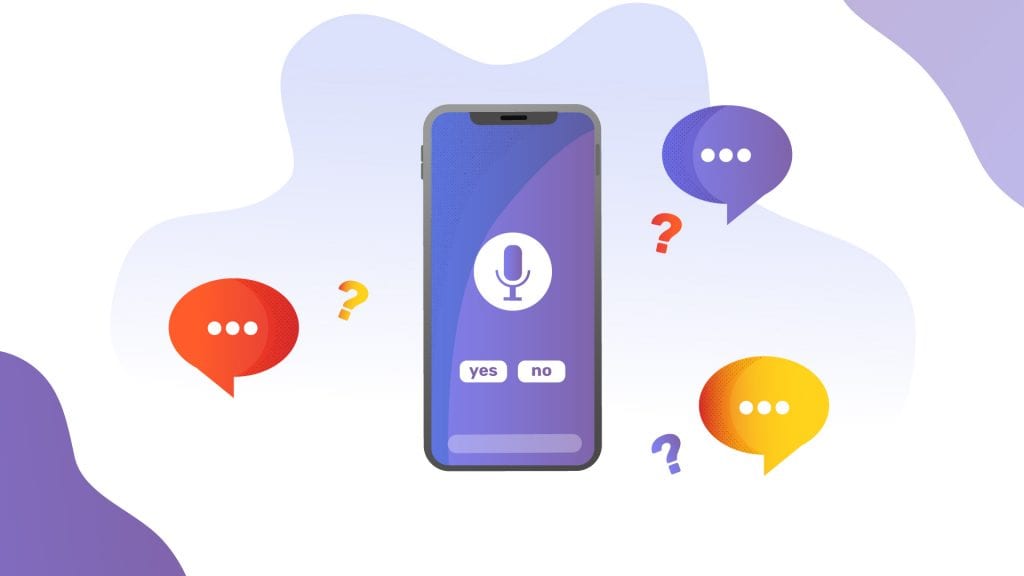Beyond the Card Catalog: Conducting Humanities Research (Resources, Tips, and Tools)
Do you conduct research in anthropology, sociology, or psychology? We've gathered helpful tips and tools for conducting humanities research.

For those outside of academia, the word “research” may conjure mental images of laboratory settings populated by white coat-clad scientists following technical protocols. The tools available to researchers in the humanities, however, have advanced far beyond analog card catalogs and weighty abstract indexes. Further, most academic research has become interdisciplinary, which means that the methods and tools used to answer inquiry in technical fields are now cross-pollinating with the traditional approaches to research in the humanities.
In addition to supporting greater opportunities for researcher-collaboration across fields, these advances have also enabled new insights into texts and materials. Much in thanks to the more expedient, precise, and thorough analysis of information.
Capture high-quality interviews with Rev transcription services
We’ve gathered some of our favorite resources and tools for academic researchers in this post:
- Compiling an Academic Reading List
- Organizing Bibliographic References
- Remote Use of Online Archives
- Open Source Tools for Digital Humanities Research
- Conducting Field Research: Oral Histories and Interviews
- Partnering with Your Institutional Librarians and Archivists
Compiling an Academic Reading List
For humanities researchers, academic databases like JSTOR, Academic Search Complete, and MLA International Bibliography can provide a robust archive of scholarly literature. Google Scholar is also a good starting point to look for information.
Two quick reminders: first, before entering your research terms in the search box, first go to Settings (accessed by clicking on the three horizontal lines in the upper left-hand corner).

In settings, select “Library Links” and then enter your institution into the search bar and save it.

Now when you go back to searching on the main Google Scholar page, any sources that are available via your home institution library or interlibrary loan will appear as full-text PDFs or downloadable HTML documents.
Google Scholar has other useful, user-friendly tools for researchers:
- By selecting the star under the abstract, you can add the source to your list of saved items
- By selecting the quotation marks, you can format the bibliographic reference into your needed citation format and either copy and paste the entry into a bibliography, or sync it with your citation management software
- Selecting the “Cited by X” link not only allows you to preview the source’s scholarly impact but identify other sources that might be relevant to your search
- Similarly, selecting “Related Articles” can be a way to generate a relevant reading list on your research topic
Organizing Bibliographic References
When preparing a manuscript for submission, making sure the in-text citations and bibliographic references are both accurate and formatted correctly can be stressful.
Using tools like Mendeley, EndNote, or Zotero can streamline the production of your academic texts and allow for a seamless transition from MLA to Chicago to APA and back again. Though there are a variety of options out there to choose from, Zotero and Mendeley tend to be more popular due to two key attributes. First, the software is free. And they also allow you to share citations and documents with others. This is ideal when you are collaborating on a project. In addition, unlike some earlier analogous tools, both Zotero and Mendeley offer cross-platform functionality with versions for desktop, cloud-based, and mobile usage.
Remote Use of Online Archives
Institutional archives, rare books repositories, and museums have long held great significance for humanities researchers needing to consult primary texts to complete scholarly projects. Early digital projects such as Women Writers Online or Early English Books Online aimed to provide access to researchers constrained by geography that were unable to get to the physical locations of the texts or documents needed.
Today, there are even more resources available to researchers with an internet collection. For example, the Metropolitan Museum of Arts’ images of its collection online, which is of value to cultural historians and other researchers in the arts. Further, online collections are not restricted to static texts and images; databases like Alexander Street’s Music and Dance Online provide access to the most extensive and diverse collection of music-related content in the form of audio and video files.
Open Source Tools for Digital Humanities Research
Digital humanities researchers use computational tools and methods to conduct research in traditional humanities fields like art, music, literature, and history. These tools, many now embedded with algorithms that make use of AI and machine learning techniques, provide researchers with a way to survey large volumes of textual material to identify occurrences and patterns that previously would have taken years to identify.
Many new tools, most of them open-source, offer researchers a way to visualize data, mine text, produce detailed reports, and even translate text. Google Translate is often a first stop on the latter journey, but affordable, high-quality translations from human experts are now available on-demand as well.
Turn high volume research into text with Rev transcription
Basic text analyzing tools like Google Ngram provide a simple way to search for word usage over time, helpful for scholars hoping to track linguistic trends and patterns. In addition, other online tools can provide more nuanced snapshots of literature. Most of them are straightforward and require little training.
Many academic libraries provide introductions to these tools to support your project. There is nothing to lose! Here are a few of the commonly-used software tools for those working in the Digital Humanities:
- Juxta — an open-source tool for comparing and collating multiple witnesses to a single textual work
- MALLET (Machine Learning for Language Toolkit) — is a Java-based package for statistical natural language processing
- TimeMapper — a tool that can generate detailed timelines or maps from spreadsheets
- WordSeer — a tool for textual analysis that also supports visualization
Conducting Field Research: Oral Histories and Interviews
For those conducting projects that have an oral history component, a new project out of the University of North Carolina’s Southern Historical Collection (SHC) aims to empower researchers by providing them with the tools they need to conduct and capture high-quality interviews. Called the “Archivist in a Backpack” oral history kit, the backpack includes audio equipment, including a recorder and tripod. It also includes interview questions and a training guide to assist both new and experienced researchers.
After conducting oral histories, they must be transcribed. This process can be tedious and time-consuming to do yourself, so it may be worth outsourcing to a professional transcriptionist. Today, transcription services are affordable, accurate, and fast; often turning around the project in as little as 24 hours.
Further, with most universities and institutions now requiring (or strongly recommending) use of captions for all videos that might be used on websites or in online course materials, Rev can produce FCC-compliant captions and interactive transcripts for your video or audio files. Captions and transcripts are not only a best practice for ADA-compliance but most students surveyed in a national study conducted by Oregon State University report benefiting from them.
Partnering with Your Institutional Librarians and Archivists
Most institutional libraries now offer 24/7 research services powered by platforms like OCLC’s QuestionPoint. Even experienced researchers who are conversant in database searching can glean helpful tips and strategies from information specialists that can advise on optimal search strings or lesser-known online resources.
Through library consortiums, these services are staffed around the clock by professional librarians and archivists that have access to your institution’s online collection and can link directly to access points in the web chat portal.
In addition to offering training and support for all of the tools mentioned above, library staff can also aid researchers by acquiring new materials and requesting trials for new online databases and tools that can bring projects to the next level.
In Summary
Research methods in the humanities have advanced far beyond their Alexandrian origins. Paper, pen, and investigative intuition have not gone out of style, but now we are equipped with more resources to bolster our efforts.
The affordances offered by digital tools is undisputed, but perhaps one of the most positive outcomes the progression of humanities research has yielded is the movement toward collaborative research — previously uncommon to see outside of the sciences.
Over the last few years, many projects have emerged with roots in the humanities but with branches to other fields, like Princeton’s LGBTQIA Oral History Project or Columbia’s Interdisciplinary Center for Innovative Theory and Empirics. These collaborations do much to shift away from the model of the siloed university, and this innovation is not only essential but reflective of what we see in the “real world” outside of academia. As this “real world” is the place we are training our students to enter, we would do well to model that practice in our own research.















